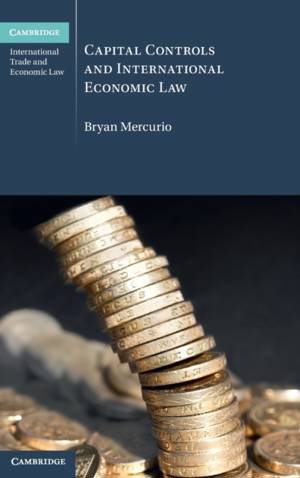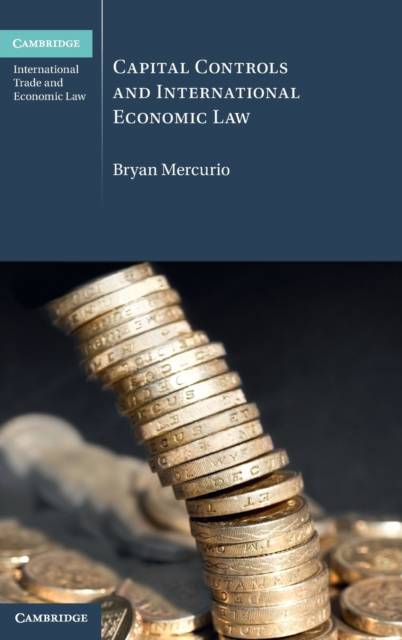
- Afhalen na 1 uur in een winkel met voorraad
- Gratis thuislevering in België vanaf € 30
- Ruim aanbod met 7 miljoen producten
- Afhalen na 1 uur in een winkel met voorraad
- Gratis thuislevering in België vanaf € 30
- Ruim aanbod met 7 miljoen producten
Zoeken
Omschrijving
Focusing on capital controls, this study provides rigorous legal analysis to establish whether the mandate of the International Monetary Fund (IMF) extends to the capital account; that is, whether the IMF has the authority to control and/or regulate the use of capital controls by its member states. The book then analyses whether a country's use of capital controls is consistent with the obligations and commitments undertaken in various multilateral and bilateral trade and investment agreements. Finally, it analyses the tension within international economic law, as the IMF now encourages the use of capital controls under certain circumstances, while most trade/investment agreements prohibit or limit their use. Proposing a way forward to alleviate the tension and construct a more harmonious relationship between the norms and standards of finance, trade and investment, this study will be essential reading for policymakers.
Specificaties
Betrokkenen
- Auteur(s):
- Uitgeverij:
Inhoud
- Aantal bladzijden:
- 242
- Taal:
- Engels
- Reeks:
Eigenschappen
- Productcode (EAN):
- 9781316517437
- Verschijningsdatum:
- 1/06/2023
- Uitvoering:
- Hardcover
- Formaat:
- Genaaid
- Afmetingen:
- 152 mm x 229 mm
- Gewicht:
- 494 g

Alleen bij Standaard Boekhandel
+ 360 punten op je klantenkaart van Standaard Boekhandel
Beoordelingen
We publiceren alleen reviews die voldoen aan de voorwaarden voor reviews. Bekijk onze voorwaarden voor reviews.








